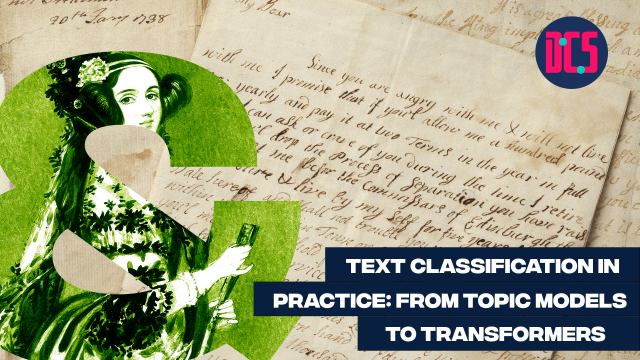AI and Ethics
Please note that this event was postponed from Friday 22nd March to Friday 29th March.

Online
As AI has been more widely used across a wide range of application areas, there have been a number of widely publicised harms that have come about as a result of using AI-based systems. In general, these extreme system failures have brought to the forefront the importance of ethical reflection on not only the impacts of these technologies but also the values embedded within their design. In this workshop, we will discuss several case studies to understand ethical considerations in the design, deployment, and use of automated decision-making algorithms used in AI and robotics. This will be a survey workshop introducing some of the subfields within AI ethics, with opportunities for further discussion in topic areas of interest to the group.
This is a beginner level event. No previous knowledge on the topic is required/expected and the trainer will cover the basics of the method.
Those who have registered to take part will receive an email with full details and a link to join the session in advance of the start time.
This workshop will be taught by Bhargavi Ganesh.
After taking part in this event, you may decide that you need some further help in applying what you have learnt to your research. If so, you can book a Data Surgery meeting with one of our training fellows.
More details about Data Surgeries.
If you’re new to this training event format, or to CDCS training events in general, read more on what to expect from CDCS training. Here you will also find details of our cancellation and no-show policy, which applies to this event.
If you're interested in other training on data analysis, statistics, and machine learning have a look at the following:
- Digital Method of the Month: Focus on Statistical Methods Part 1 - Differential vs Inferential
- Digital Method of the Month: Focus on Statistical Methods Part 2 - Linear Modelling
- Digital Method of the Month: Focus on Statistical Methods Part 3 - Simulation
- Digital Method of the Month: Machine Learning
- Introduction to Machine Learning with Python
- Introduction to Bayesian Statistics
- Regression and Mixed Effects Modelling
- A Gentle Introduction to Causal Inference
- Null Hypothesis Testing in R












